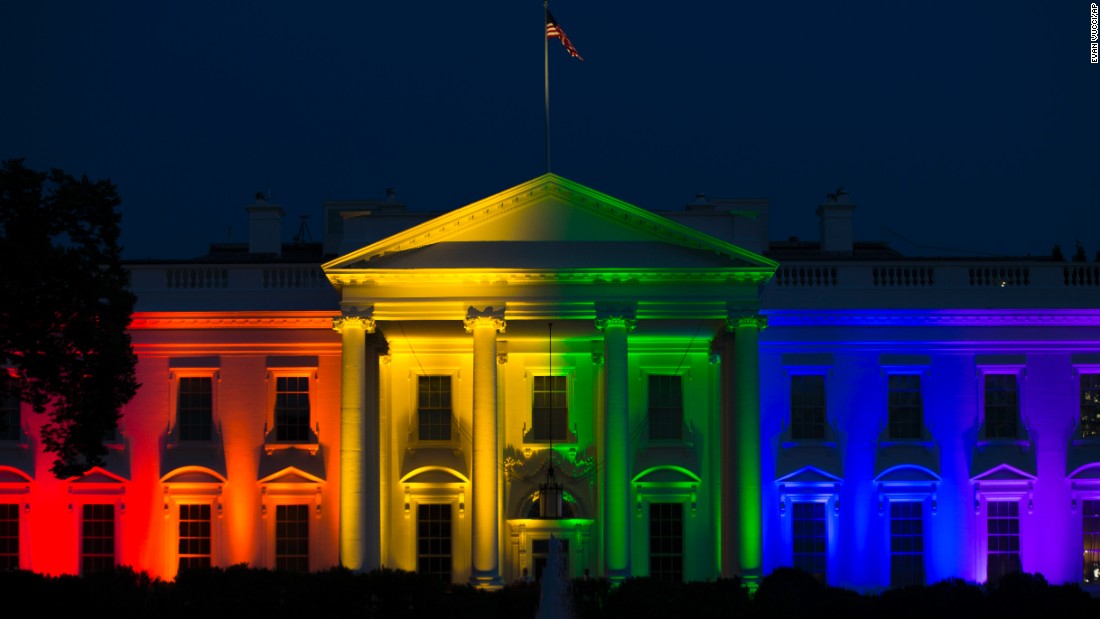
A 20-Year-Old’s Queer Jewish Feminist Take on the SCOTUS Ruling
And in that sense, I am happy to live in America. Happy to be privileged, happy that I can one day marry and have that union recognized. So as a white, cisgender gay American—(the fight does not end at marriage equality! We need to advocate now, harder than ever, for our trans family, especially trans people of color, who are being killed at alarmingly high rates)—I have been upgraded to the status of first-class citizen.
In the secular world.
Although I identify as mostly secular, my Jewishness is not entirely relegated to my ethnicity. As I enter the beautiful Orthodox synagogue the museum is housed in, and give historical tours to the public—I can’t help but feel an overwhelming sense of nostalgia, spirituality, and lamentation. I mourn that I cannot one day marry in this space that means so much to me, a space that reinvigorated my sense of Jewish identity, a space that still upholds Orthodox tradition. A space that will not perform gay marriages.
So what does this ruling mean for Jewish people? Religious and secular? Reform, Orthodox, and otherwise? Here are some answers:
The Profoundly Jewish Lesson of the Supreme Court’s Gay Marriage Ruling
U.S. gay marriage ruling puts Orthodox Jews on collision course with American law
Bay Area Jews celebrate Supreme Court marriage-equality ruling



